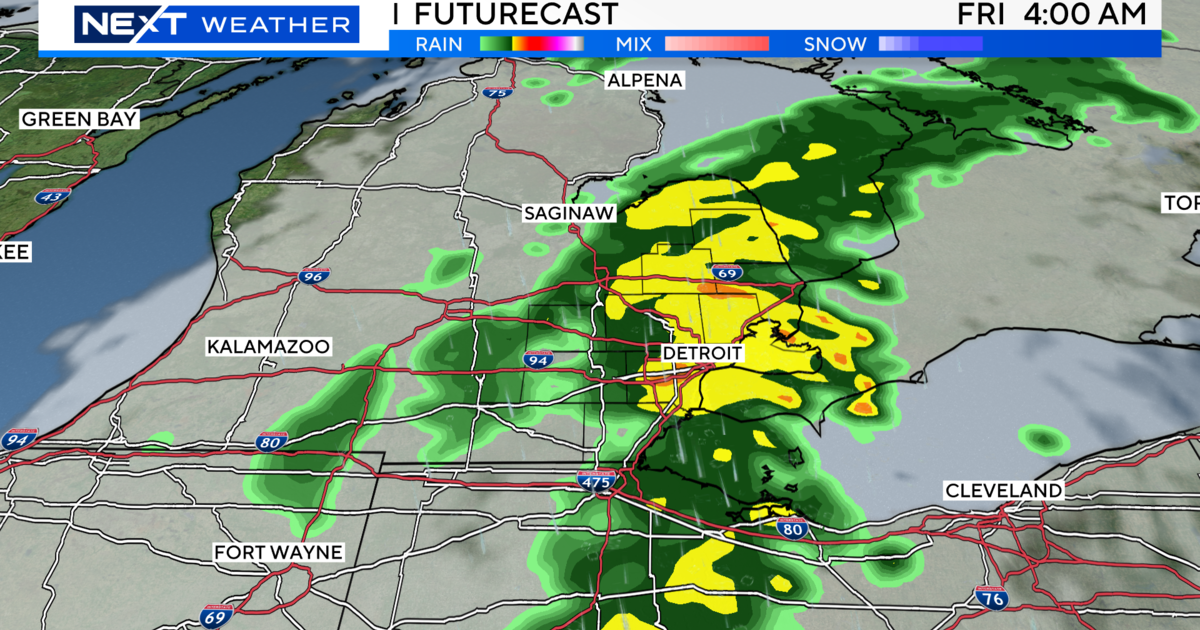Clock Blunder At End Of MSU Game Explained [VIDEO]
By Will Burchfield
Anyone who watched the end of the Michigan State-Florida Gulf Coast basketball game on Sunday night likely came away confused.
A clear clock error in the final two seconds seemingly robbed FGCU of the chance to attempt a game-winning shot.
As seen in the video above, the clock at the Breslin Center was set into motion as soon as the FGCU player heaved his pass down the court. By the time Eagles forward Antravious Simmons caught it at the other end of the floor, time had already expired.
By rule, the clock is not supposed to start on an inbound pass until a player receives the ball.
Rather than re-setting the final play, the referees let things stand and No. 13 Michigan State escaped with the 78-77 win.
Afterward, referee Bo Boroski offered the following explanation for the obvious blunder and the officiating crew's decision to uphold the ruling on the floor, via the Detroit News:
"A timing error occurred with 1.6 seconds remaining on the game clock. Since a timing error occurred, we are able to utilize the replay monitor. A stopwatch was used to determine if any time should remain on the game clock. Using a stopwatch, it was determined the ball was caught and released in 1.3 seconds, meaning if the shot would have gone in, it would have counted. After the miss there was no time remaining in the game, therefore ending the game. By rule the possession cannot be replayed."
The issue with that explanation is twofold.
First of all, Simmons didn't possess the ball for 1.3 seconds. As Deadspin points out, "He had it for 42 frames, or 0.7 seconds. Adding in the tenth that should have been put back on after the blocked inbound pass (which occurred earlier), he was deprived a full second of clock time to prepare and take his would-be buzzer-beater."
Second of all, the premature buzzer apparently influenced Simmons' shot. FGCU Joe Dooley explained afterward that Simmons was instructed to take one dribble upon receiving the pass to set up a higher-percentage shot. But, out of instinct, he thew up his shot the moment he heard the buzzer.
As for who was in charge of starting the clock, Boroski told the News that all three referees and the sideline clock operator were capable of doing so:
"All four of us have the capability. When the timing error occurred it allowed us to utilize the monitor. That's when we break out the stopwatch...If that try is released after the 1.6 we are going to wave it off. If that try is released before the 1.6 we are going to count it. It was determined it was released before the 1.6, we were prepared to count it. It did not go in, and using the stopwatch we didn't need to put any time back on the clock because it had expired."



